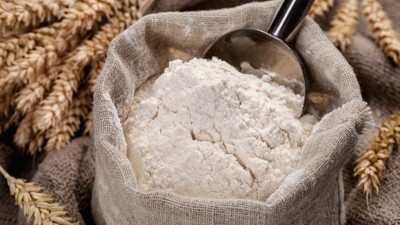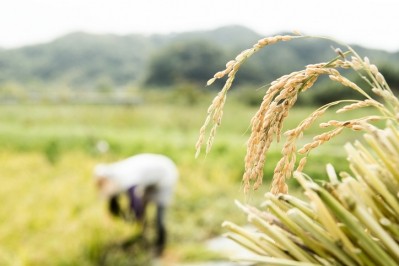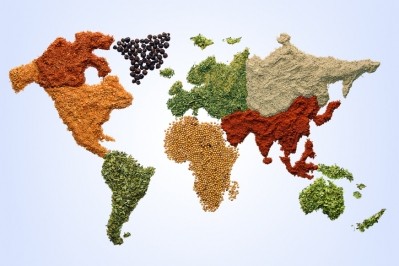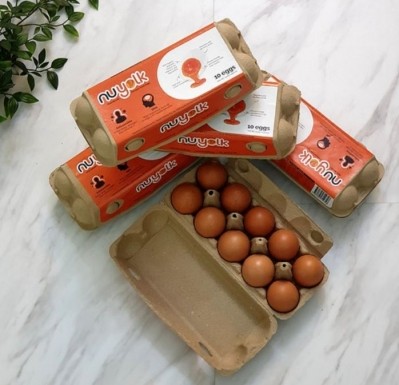Quality control concerns: GAIN battling the consequences of COVID-19 on fortification in Bangladesh, India and Pakistan
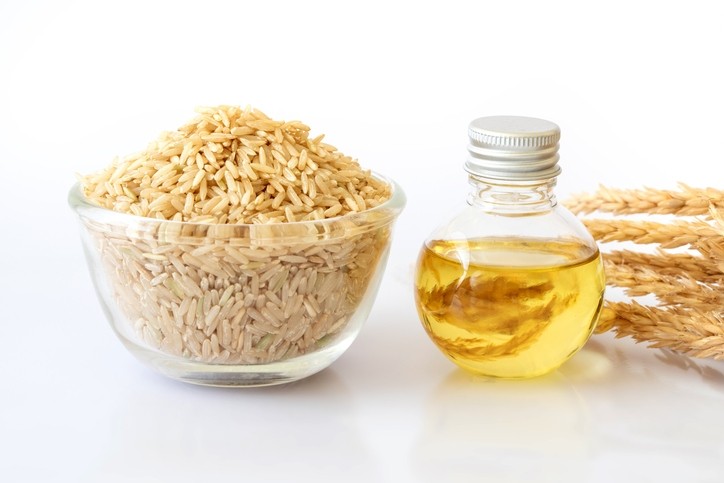
FoodNavigator-Asia spoke to experts from the Global Alliance for Improved Nutrition (GAIN) which carries out large-scale food fortification in all three countries.
In India, food fortification projects have been taking place since 2011, fortifying wheat flour (iron, folic acid, vit B12), edible oils (vit A and D), milk (vit A and D), as well as salt (iodine and iron).
In Pakistan, large-scale food fortification projects started in 2007, with wheat flour and oil.
In Bangladesh, fortification centres around oil, salt and rice.
The global food supply chain experienced a massive disruption last year with many countries imposing restrictions. Tarun Vij, GAIN’s country director of India, said food supply chains in the country were disrupted for about 60 days, mostly affecting availability of fresh foods such as fruits and vegetables.
However, the fortification industry was largely spared, as restrictions on commodities like oil, salt and rice were relaxed.
In addition, there were no shortages of micronutrient premixes so production of fortified foods were not hindered, according to Farrah Naz, GAIN’s country director of Pakistan.
This is essential since the purpose of fortified foods was to prevent malnutrition and nutrient deficiencies especially in key groups such as the vulnerable.
However, the pandemic affected quality assurance and control.
According to Dr Ashek Mahfuz, GAIN’s portfolio lead of the large scale food fortification in Bangladesh, inspectors could not physically visit the production facilities or refineries to monitor the production during lockdowns.
They also could not collect samples to test at the laboratory.
“There may be some unscrupulous businessman, using lesser amounts of fortified nutrients in the foods they produce.”
This meant it was impossible to verify whether the right amount of fortification was added.
“You can’t have online meetings for issues related to quality assurance. You have to train people on this, and these were the types of activities affected during the lockdown,” Naz said.
Vij said they were working with the government and private food testing laboratories to boost the capacity of laboratories.
“There should be adequate lab testing capacity to ensure that what the population is receiving is compliant to the standards laid out by the Government of India.”
Food fortification is currently voluntary in India, but once it becomes mandatory, testing facilities have to keep up.
In Pakistan, they are also working with the food authorities in ensuring standards are met through accredited laboratories.
Fortification outreach
GAIN is constantly expanding its outreach across the three countries.
In India, its fortification work spans across 16 Indian states, with some 800 and 20 million people having access to fortified edible oil and milk daily.
India recently issued a notification stating it was mandatory for edible oil and milk to be fortified in the country.
“The Government is recognising the importance of fortification, even at a time of COVID,” Vij said.
He added: “For a country with a large population like India, and a severe micronutrient deficiency issue, fortification is the most cost-effective way.” Some 30 to 50% of the population are deficient in one or more micronutrients.
In Bangladesh with a population of 160 million, about 50% of the population have access to fortified oil and salt, according to Mahfuz.
It is mandatory that all edible oil (soybean, palm) are fortified with vitamin A, and salt with iodine.
“The Bangladeshi Government is very motivated and supportive of any food fortification activities, which benefit the most vulnerable groups.”
In Pakistan, wheat fortification remains largely voluntary, while oil fortification is mandatory.
